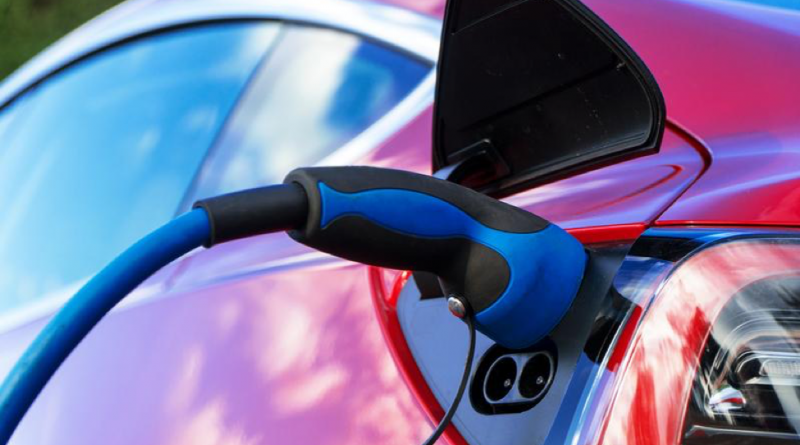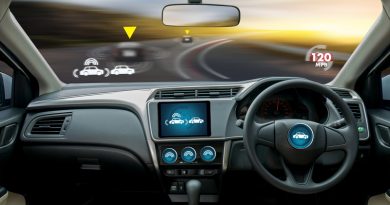4 Issues Plaguing the Electric Vehicle Industry
Widespread adoption of electric vehicles is facing multiple challenges. In addition to the pollution caused by lithium mining, automakers are now encountering quality control issues with assembly lines. Even worse, many state and federal tax incentives are beginning to disappear for U.S. buyers of electric cars.
Lithium Mining
Lithium batteries are currently the go-to energy source for electric cars, and that creates all sorts of environmental challenges. One of the main results of mining for so-called “rare earth” metals like lithium is pollution. Heavy mining in China, South America and elsewhere for lithium that will eventually end up in electric cars has already caused an increase in mining-related pollution in a number of locations. Fortunately, batteries are also changing. For example, a switch from lithium to silicon is a likely change for the future.
Quality Control
Primarily because the technology is new, electric car production has been plagued with quality control issues right out of the gate. Elon Musk, founder and CEO of Tesla, learned this lesson the hard way during his company’s rollout of the Model S electric sedan. At least a half-dozen times during production, Musk had to shut down operations and have his team address serious manufacturing issues. In addition, Tesla faced some California “lemon law” claims late last year that threw the company’s long-term success into question.
Environmental Concerns
Many electric car enthusiasts have begun to question where all the “clean electricity” comes from, which is a topic unto itself. Is electricity an environmentally sound propellant for cars when it is generated from the burning of “dirty” coal and other fossil fuels? Until a cleaner original source, like nuclear power, is found, electric cars won’t really be environmentally sustainable.
State and Federal Tax Breaks Drying Up
From 2010 until 2017, the federal government, along with many U.S. states, offered various tax incentives for buyers of electric cars. In the past two years those deals have begun to dry up. No longer, for example, can a California resident take advantage of a healthy federal and state tax credit when purchasing an electric car. A few states continue to make smaller rebates, tax credits and deductions available, but the “glory days” of big tax savings for electric vehicle owners may be over.
With the increase of environmental problems, quality control challenges, rising prices and the loss of major tax credits plaguing the electric vehicle industry, the next decade could be a “make-or-break” era for the world’s first wave of non-combustion electric vehicles.




Pingback: Drive Smart: How Smartwatches Cause Distractions While Driving – Falstaff Enterprises
Pingback: How Car Safety Technology Has Evolved Over the Years and Where It’s Headed – Falstaff Enterprises